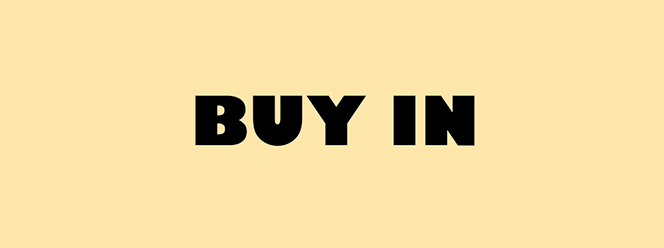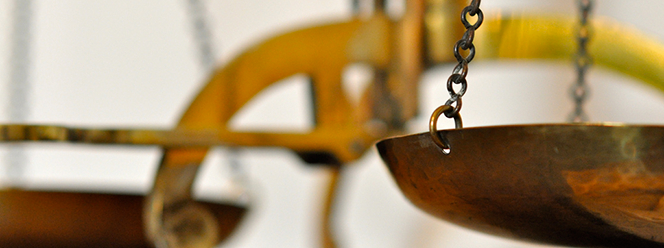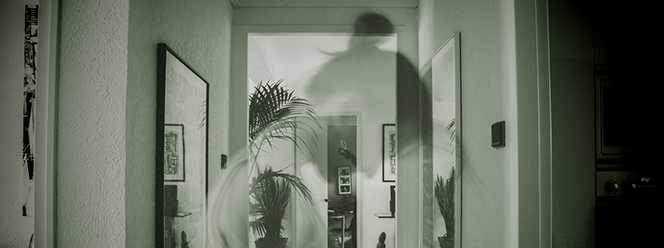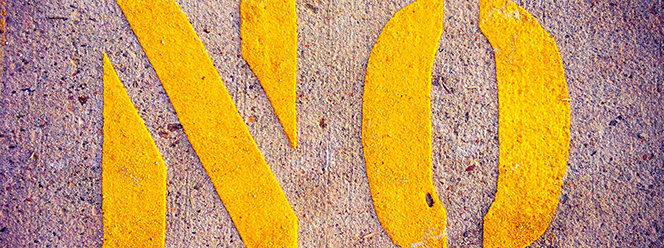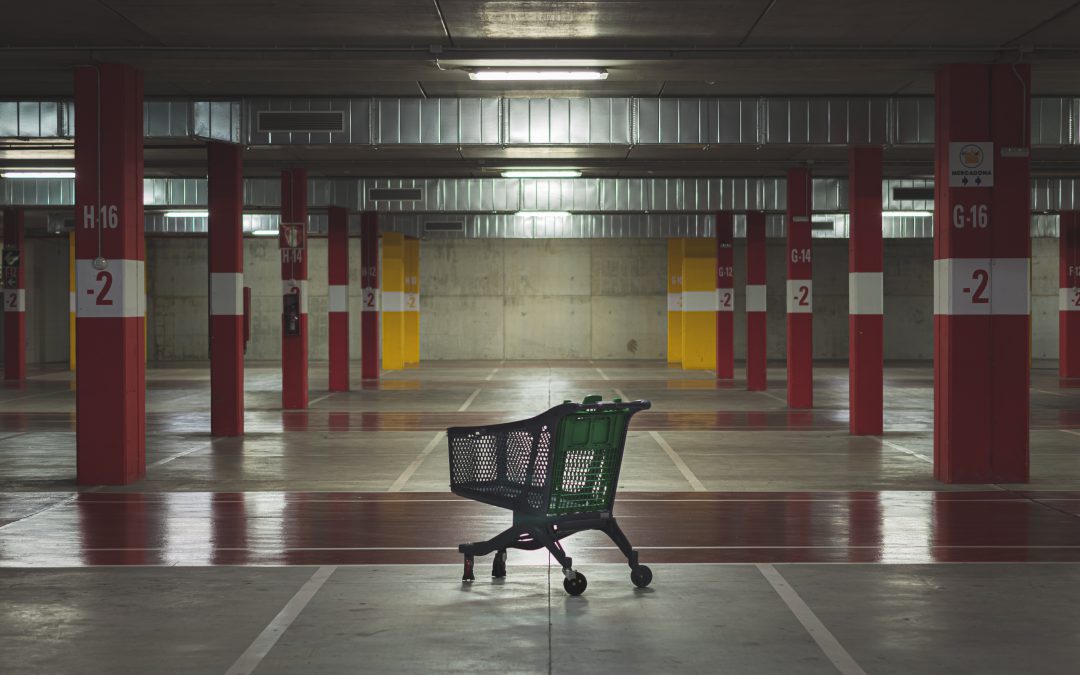
We Don’t Understand Economics
We destroy the earth, and ourselves, in name of something we do not truly understand. Too often the phrase, “Because the economy…” is used as a scapegoat. It is used as a scapegoat by people asserting their understanding of and control over a collective force we have very little understanding of and control over. Adam Posen, president of the Peterson Institute for International Economics says of economics, “We’re really at the level of Galileo and Copernicus,” still figuring out the basics of how things work.
Current Economic Theory is… Arrant Nonsense
We understand the economy and economics so little because, well, the fundamentals of them make no sense. The foundational concepts of economics are based upon concepts that are generally not true of the real world. As Jeremy B. Rudd, senior adviser at the Federal Reserve, admits “Mainstream economics is replete with ideas that ‘everyone knows’ to be true, but that are actually arrant nonsense.” Adding to this, author Tom Bergin points out, “The failure of the neoclassical (supply and demand curve) framework to explain important segments of economic life hasn’t dented economists’ faith in the universal applicability of them. In the past 40 years or so, in fact, the trend has been to claim that such economic principles apply to more and more domains of life.” Curious, isn’t it? As a social science, economics does itself no favours by not needing to apply its assertions and understandings to real-world scenarios. When we get right down to it, economics as a discipline and field of study is pretty airy-fairy.
Despite our lack of understanding about “the economy,” the assertions we make about it have a huge influence over our global decisions. “If even the simple supply-and-demand curve, a staple of the orthodox neoclassical (economic) framework, fails on something so fundamental as wages and employment, why do economists cling to it? And why do policymakers keep listening to them?” asks author Tom Bergin.
Why do we allow our assertions about “the economy” to have so much undue influence?
Current Economic Theory is… Disconnection from Self
I don’t know about you, but in the real world, the world I buy and sell in, and make my choices in, I create my own economy. I choose what I buy and from where and whom, and I decide what I sell, trade, and barter. I decide what the value of a dollar is to me and what my relationship to money, other people, and exchanging value is. Holding this truth, I’d argue there are as many economies as there are people, and that the larger Economy with a capital E, is a collection of our personal economies and the choices we make within them.
It’s no wonder economics and what it truly is and how it operates is such a giant black box. If my theory holds water and the larger Economy is a collection of our personal economies and the choices we make within them, then our personal economy would be as big of a question mark as we are to ourselves. Without reflection and understanding of our own economic choices, we have little capacity to understand the collective economy. Saying this another way, we can see our irrationality (and lack of self-awareness as humans) in that we’ve shaped a theory of buying and selling (economics) where we are rational players. We’ve agreed to collectively ignore our experiences of regretting a purchase, of making an impulse buy, of misunderstanding the true value of a product, and so on. We’ve agreed to collectively ignore a part of our self, our irrational self, and that it engages in the marketplace.
That’s not very rational of us, is it?
Further to its faulty foundations, economics is inherently patriarchal in its formulations of reality. It’s historically blind to women and households, and to the natural world. For instance, Gross Domestic Product (GDP), a darling of economic theory, is a partial and misleading measure of national wealth and well-being. Jane Gleeson-White explains, “The problem is that it does not measure key goods in our economy, those unpriced but priceless services carried out by domestic workers and by nature.” This current economic theory ignores huge swathes of value to human life.
Current Economic Theory is… Pseudoscience
Okay, so the foundations of economics are faulty. We don’t understand what we are studying, and that’s okay. Unfortunately, in economics though, it’s not so okay to say “I don’t know.” Economists are rewarded with influence for knowing things, even when they don’t. “Since economics wants to be seen as a science, it should act like one and take a firmer line on falsehoods,” concludes Paul Romer, Nobel Prize winner for economics in 2018. Economics massive narrative problem needs to be addressed. As Tom Bergin problematically points out, “Economists have so much faith in the rules (they follow) that they don’t study a market before asserting it proves their theory of how markets work.” And we listen to them because we don’t truly understand.
We believe they, the experts, know better.
A Way Forward
Considering all this, I’d say Adam Posen is right, we’re at the very beginnings of understanding economics and the economy. We’ve perhaps shaped a square wheel for ourselves and we have got a lot more awareness to grow in before we’ll realize the wheel’s true circular shape. Part of this growth will be in fundamentally accepting our current ideas need re-working. We need to admit we don’t understand the economy, and that economics as we know it is nothing more than a rough estimate and a jumping-off point for greater understanding.
I feel what we may come to understand more closely mimics Jane Gleeson-White’s perspective, that “the economy is a sacred social space organized around relationships of care.” We’ll come to see and understand the value of its circular, nodular and interconnected nature, and begin to shape our ideas around it based not on how we’d like for it to behave, but on how we observe it operating.
Photo by Xavi Cabrera on Unsplash
